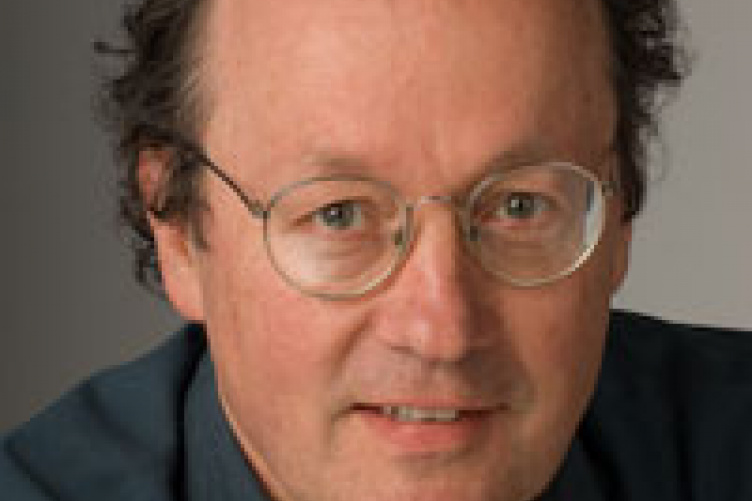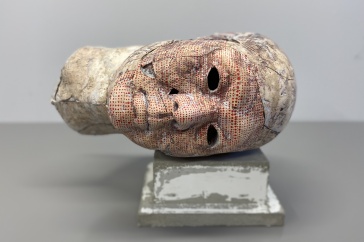
Dean Kenneth Fuld announced today that Michael Ferber, Professor of English and Humanities, has been selected as the 2014 recipient of the Lindberg Award, given annually to the outstanding teacher-scholar in the College of Liberal Arts.
Professor Ferber earned his undergraduate degree at Swarthmore College and his M.A. and Ph.D at Harvard. He spent seven years as an assistant professor at Yale and five as a nuclear disarmament lobbyist and researcher in Washington before arriving in Durham. He was appointed associate professor at UNH in 1987 and promoted to full professor in 1993.
Professor Ferber's scholarship focuses on Romantic poetry. In a remarkable record of publication, he has written five books about Romanticism and edited two: The Cambridge Introduction to British Romantic Poetry (Cambridge UP, 2012), Romanticism: A Very Short Introduction (Oxford UP, 2010), A Companion to European Romanticism (Wiley-Blackwell, 2006), European Romantic Poetry(Longman, 2005), The Poetry of Shelley (Penguin, 1994), The Poetry of William Blake (Penguin, 1991), and The Social Vision of William Blake (Princeton UP, 1985). He also published A Dictionary of Literary Symbols (Cambridge UP, 1999), the first dictionary of symbols to be based on literature. He has approximately 50 articles and reviews to his name. In addition, he has translated sixty Romantic-era poems from French, German, and Italian, and his own works have been translated into five languages. With an active interest in public affairs, Professor Ferber has authored numerous articles related to war and peace studies and a book on the history of draft resistance, The Resistance (Beacon Press, 1971).
A recipient of a UNH Award for Excellence in Teaching, Professor Ferber has taught courses on Romanticism, the epic tradition, Shakespeare, linguistics and literature, and the history of nonviolent political action, as well as the six-course sequence in western culture for the Humanities Program. "A teacher of uncommon range and intelligence," according to a former colleague, Ferber has impressed generations of students with his knowledge and enthusiasm. One student wrote, "This class was my favorite class in my entire college career." Another remarked, "He knows everything and can express it clearly." And another, "Dr. Ferber has a seemingly encyclopedic knowledge of the entire world." Teaching what a colleague calls an "intimidating expanse of literature," Professor Ferber is both authoritative and accessible in the classroom.
Professor Ferber has clearly demonstrated that he possesses the highest qualities of scholarship and teaching and is therefore most deserving of the Lindberg Award.




















































